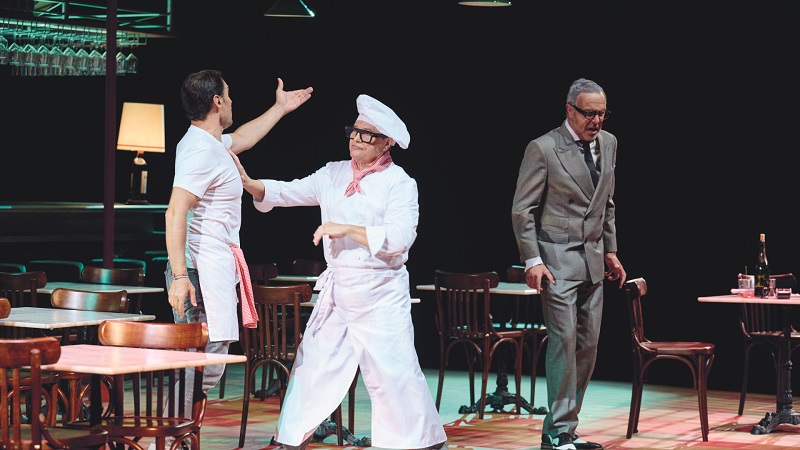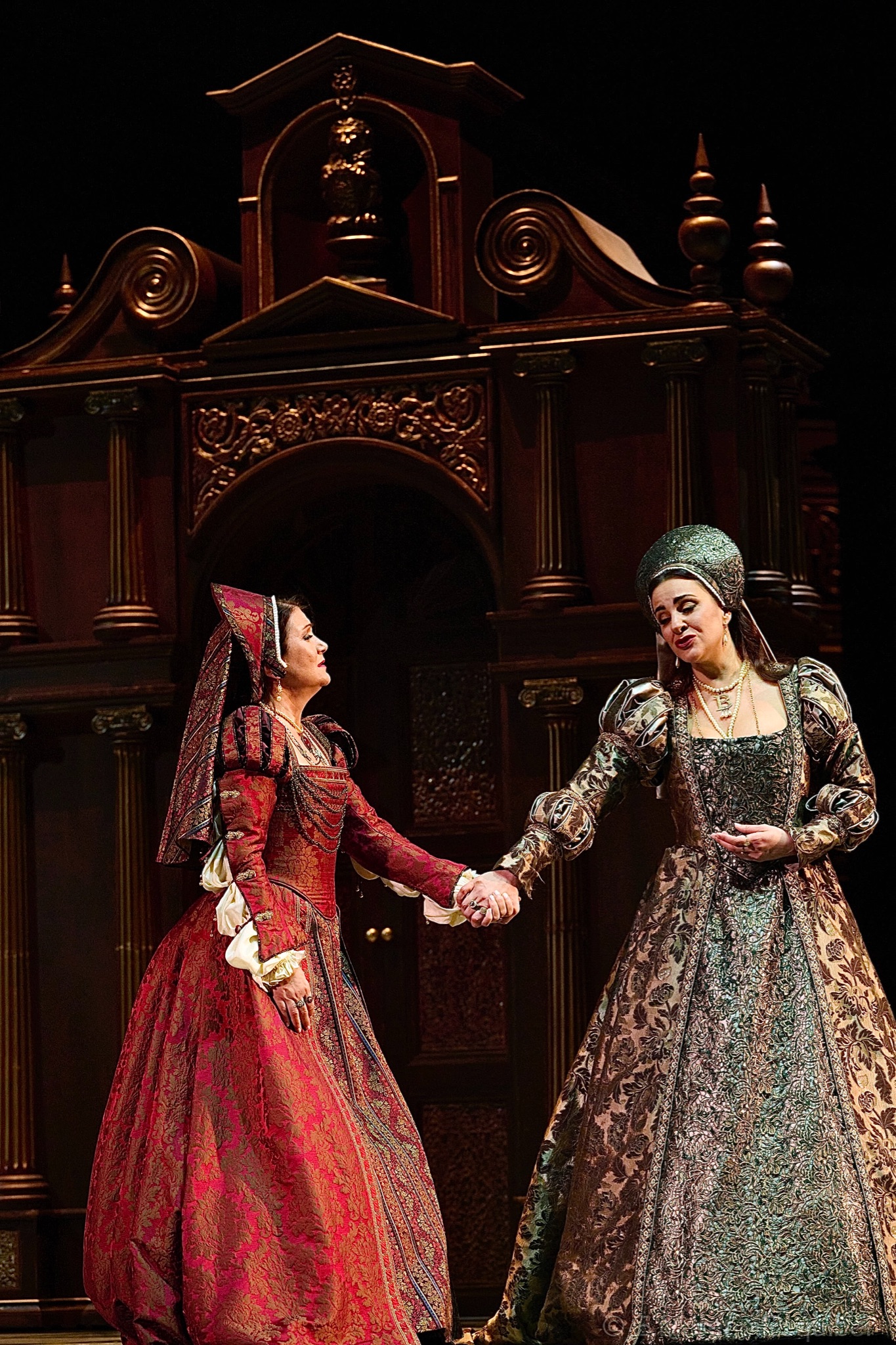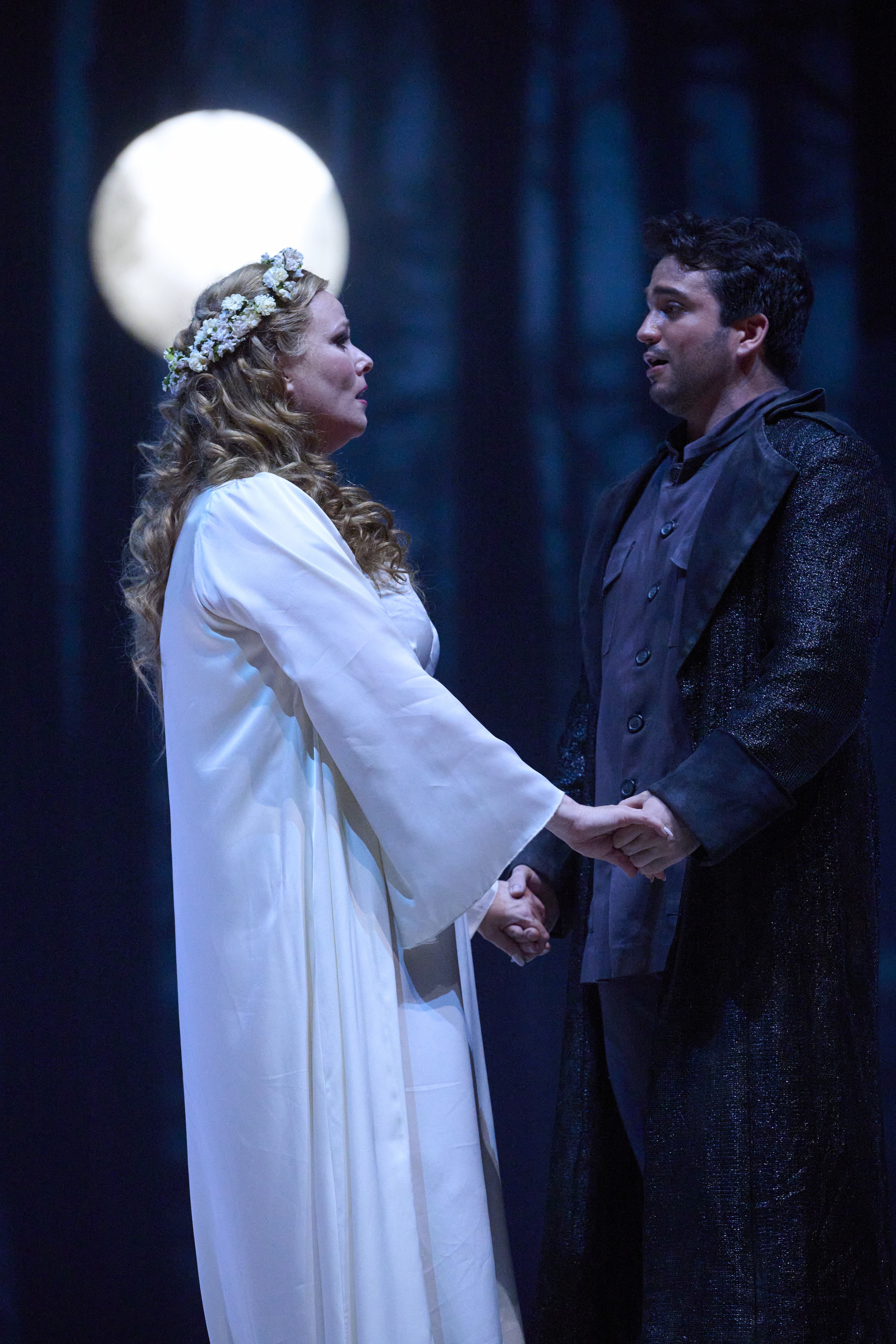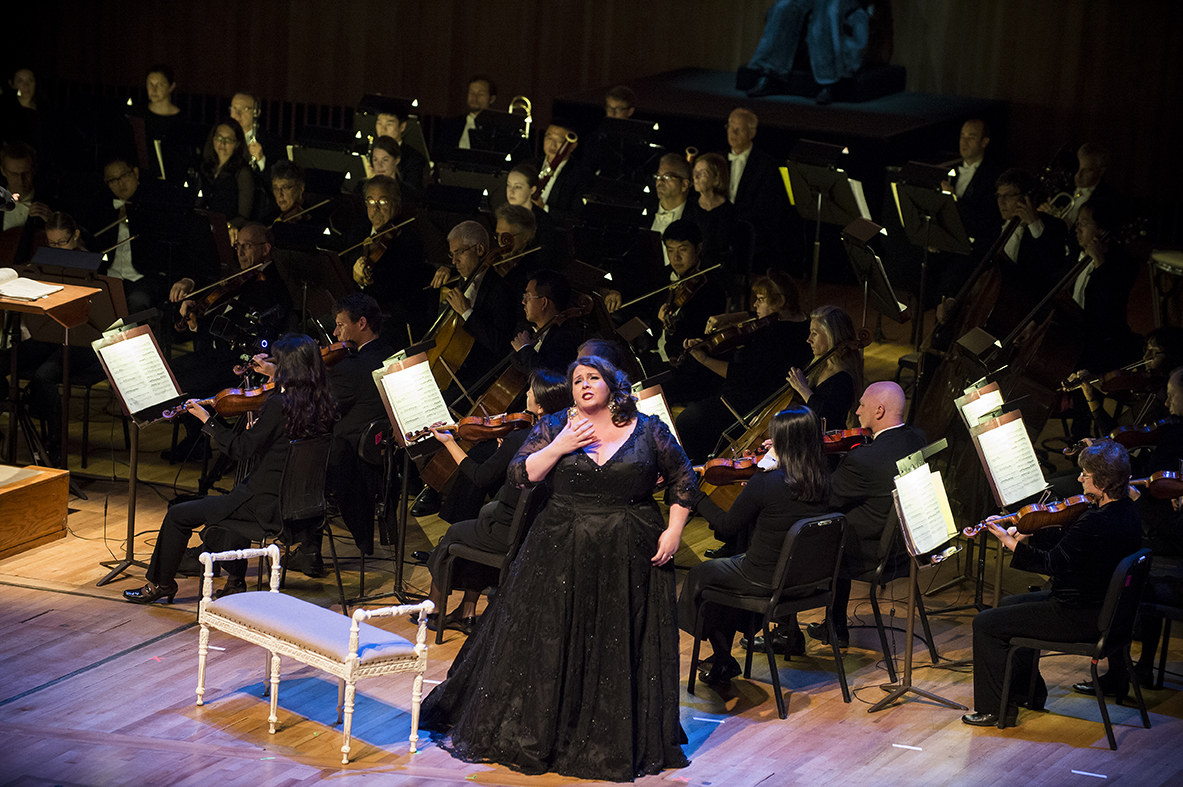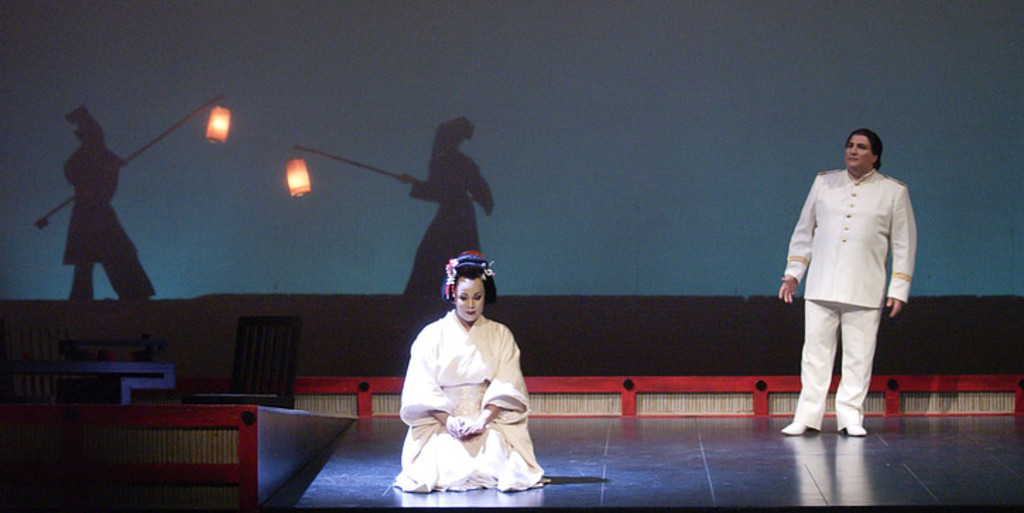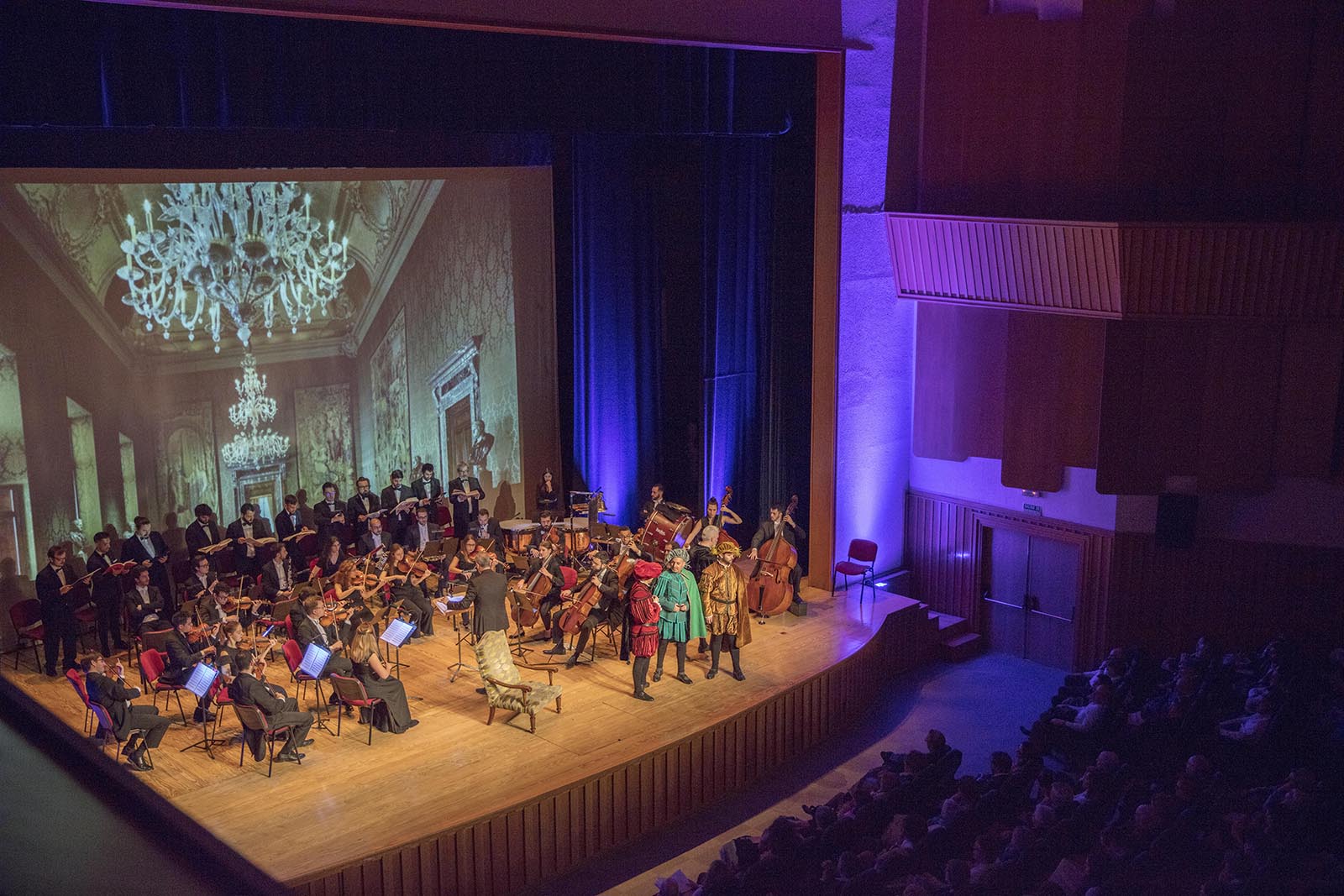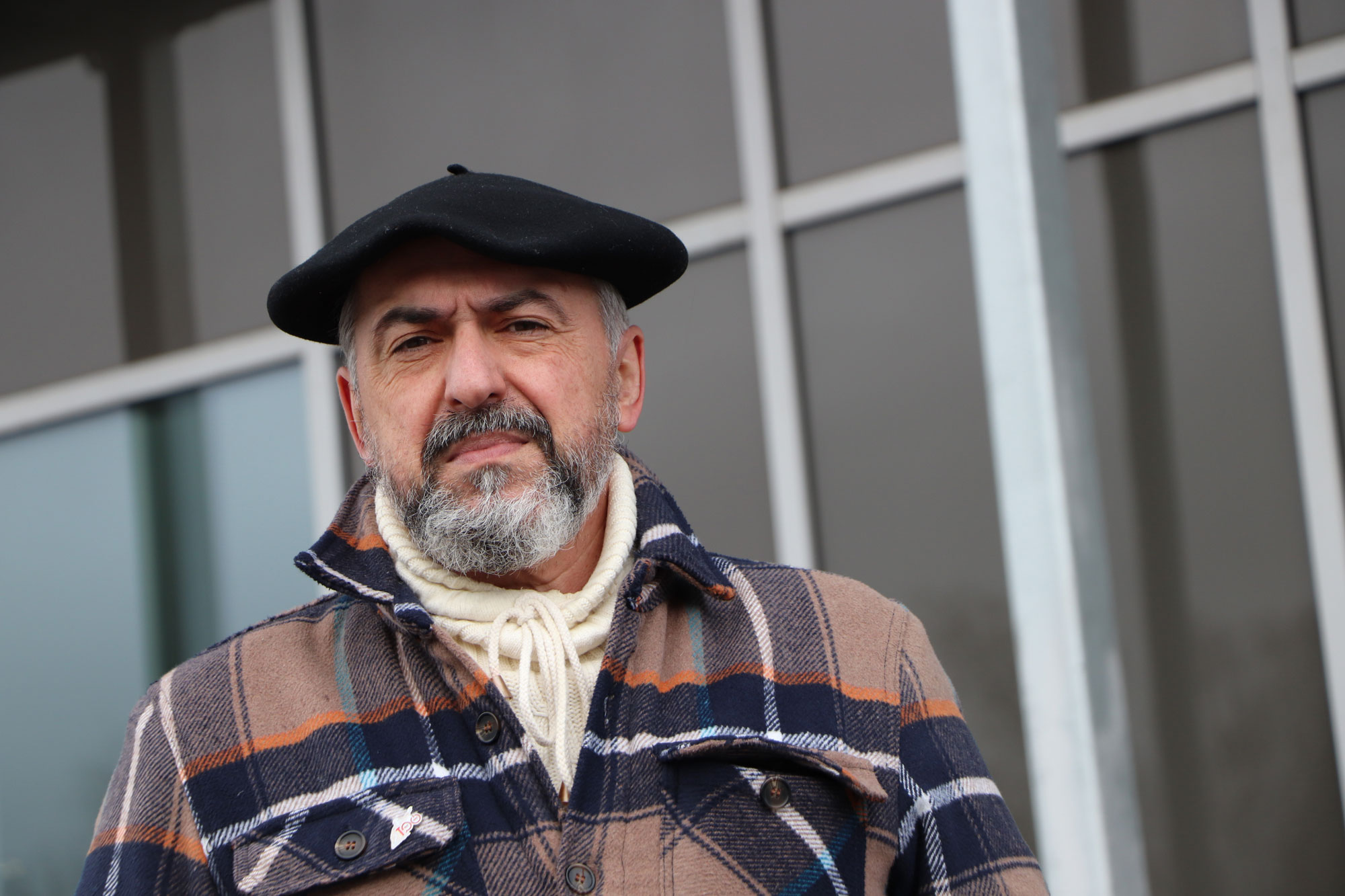We need more Mozart

It's always a pleasure to enjoy a Mozart opera. In the broad repertoire of the Salzburg composer there are genuine gemstones and not only from a musical point of view. This is the case of La clemenza di Tito, a singular work, of an introspective nature from the psychological point of view and with exciting musical passages.
The play features amorous dramas of fictional characters, united with each other and with a political background. Interestingly, the work was composed for the coronation of King Leopoldo II of Austria, but was premiered in the French Revolution. That is, the absolutist monarchy lived globally at a difficult time.
Well, in the opera La clemenza di Tito, contrary to the absolutist traditions and myths, we meet an emperor who shows the piety of what they have betrayed him. What seemed like a tremendous tragedy becomes a moral light with Titus’s broad vision, which believes more in the common good of his empire than in the cold, humid revenge. A subject that is absolutely applicable to our times.
Once the work and its meaning have been put in place, we have to say that the staging at the Euskalduna Palace was a real success. First of all, he highlighted the excellent scenery of Gary McCann, extraordinarily elegant, luminous and that he knew to confuse the atmosphere of ancient Rome, very stylized, semi-contemporary, semi-oneiric. It was a fusion between reality and the unreal, past and present. In any case, of great visual beauty.
Aside from the visual view, we had great soloists. The two leading women, the two Basques, made very good interpretations. Vanessa Goikoetxea, in the role of Vitellia, in addition to showing oral security and delicacy – magnificent records of medians and prints – moved onstage with great care and credibility. Itziar de Unda, in the role of Servilia, showed her warm and good work, although with a relatively small voice projection.
The two mezzosopranos who developed two male roles also performed well. Both Veta Pilipenko, on the role of Annio, and Daniela Mack, on the role of Sestao, did a good job. And as for the protagonist, Paolo Fanale, he played the role of Tito with efficiency and good phrasing. However, he had difficulties with the authorities. He saved them with dignity but without gloss. And the projection of his voice was a little bit scarce. The Euskadi Orchestra always stood out with delicacy and sound.
Opera groups Don Pasquale de
Donizetti: OSE and Bilbao Opera Choir.
Soloists: S. Orfila M.J. Moreno, F. Demuro, D. Del Castillo, P.M. Sánchez.
Stage Director: Emiliano Suárez.
Scenography Alfons Flores.
Place: Euskalduna Palace
Date: 19 October.
... [+]
In Durango's Hitz bookstore, it occurred to me that the Saturraran opera deserved criticism. On the one hand, the response of Jose Julián Bakedano, the illusion of the words of Gaizka Olabarri from the bookstore, the illusion of Nekane Bereziartua, who for so many years has been... [+]
Chamber opera based on the work of Orgia
Pier Paolo Pasolini.
Music: Hector Parra.
Libretto: Calixto Bieito. Ensemble Intercontemporain.
Director: Pierre Bleuse. Scenography: Calixto Bieito. Soloists: Ausrine Stundyte (soprano), Leigh Melrose (baritone), Jone Martínez... [+]
Opera Anna Bolena de Donizetti organized by ABAO. Bilbao Orkestra Sinfonikoa. Directed by Jordi Bernacer. Bilbao Opera Choir. Directed by Boris Dujin. Soloists: Joyce El-Khoury (soprano), Silvia Tro Santafé (mezzo), Marko Mimica (bajo), Celso Albelo (tenor), Anna Tobella... [+]
Opera I Puritani de Bellini organized by ABAO. Basque Orchestra. Director: Giacomo Sagripanti. Bilbao Opera Choir. Director: Boris Dujin. Scene address: Emilio Sagi. Scenography: Daniel Bianco. Soloists: Jessica Pratt (soprano), Xabier Anduaga (tenor), Andrzej Filonczyk... [+]
Recital of Verdi organized by the ABAO
Bilbao Orkestra Sinfonikoa. Director: Daniel Oren. Bilbao Opera Choir. Director: Boris Dujin. Soloists: Angela Meade (soprano), Daniela Barcellone (mezzo), Sergio Escobar (tenor), Giovanni Meoni (baritone), David Lagares (low).Place: ... [+]
The history of the opera Madama Butterfly based on a work by the writer Pierre Loti, madly in love with Euskal Herria is not well known. This is Madame Chrysanthème. It has a similar argument, although Loti's original has a happy ending and in the case of Puccini the story takes... [+]
Rigoletto is one of those works that you can enjoy a thousand times without getting tired. It is one of the most prominent operas of Verdi, with well-known and beautiful passages and an argument that attracts the public. The story of a gibose trying to protect his daughter from... [+]
One of the most interesting ABAO projects in recent years has been called Tutto Verdi. In this cycle all the operas of the composer Verdi have been represented, without exception. And the last of these operas is the one we mentioned below. Alzira.
For many reasons it was worth... [+]
It is a pleasure to be able to enjoy two works of the twentieth century that deepen the soul of women in the Euskalduna Palace. Rarely will we be able to listen to these short, live and arguably hard operas, because they're actually rarely programmed. And the truth is, we can't... [+]











